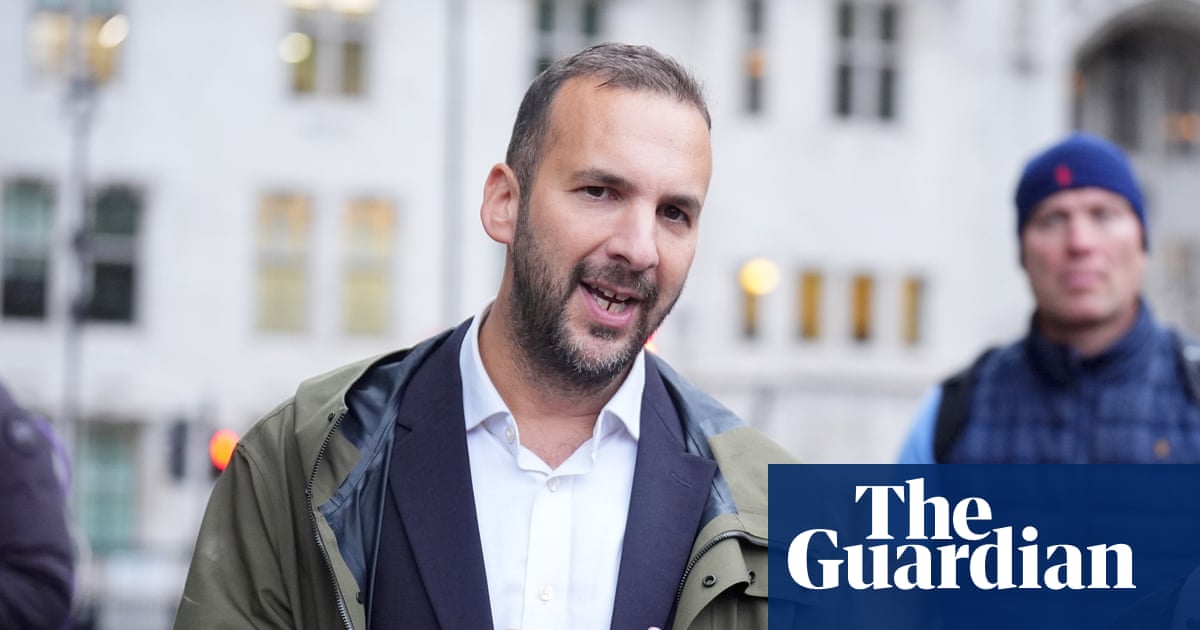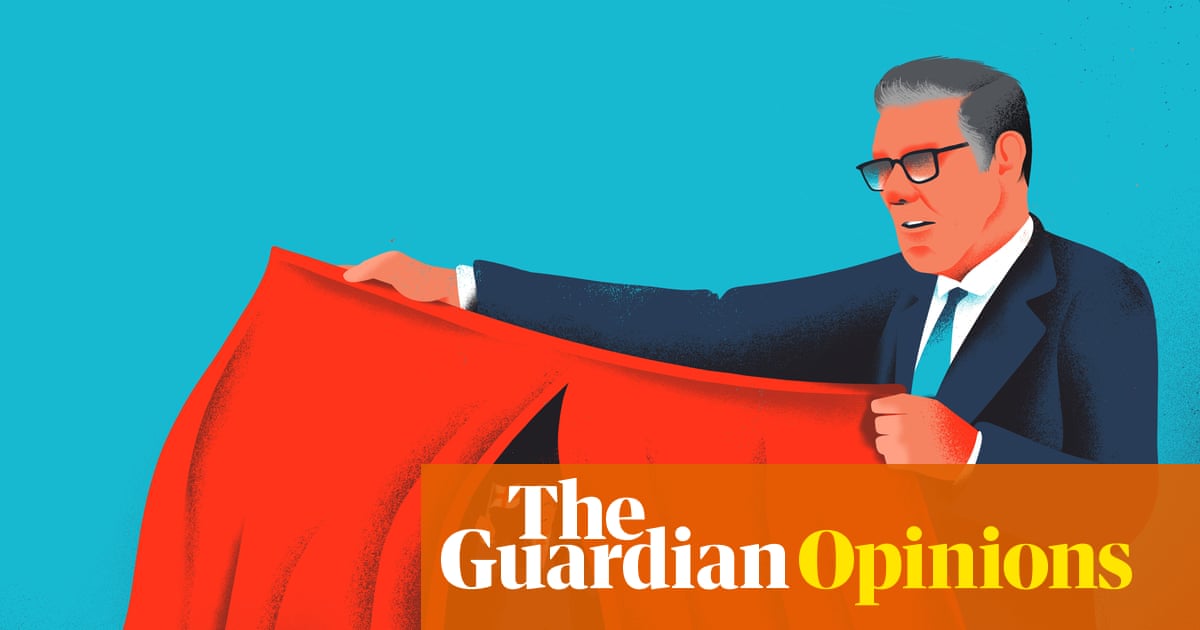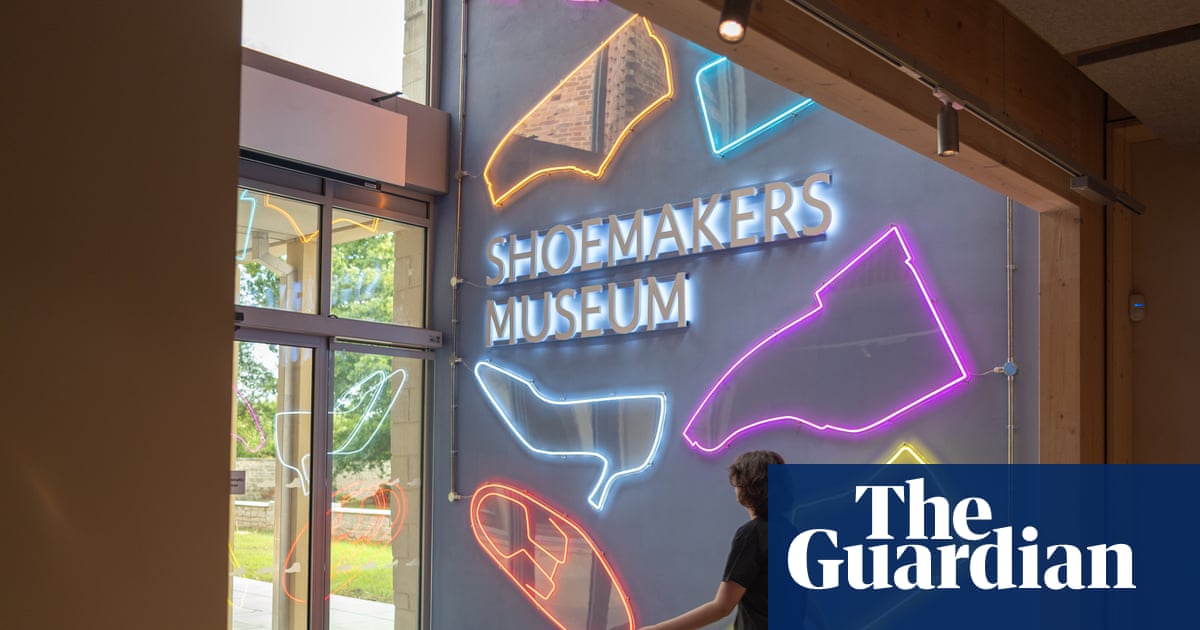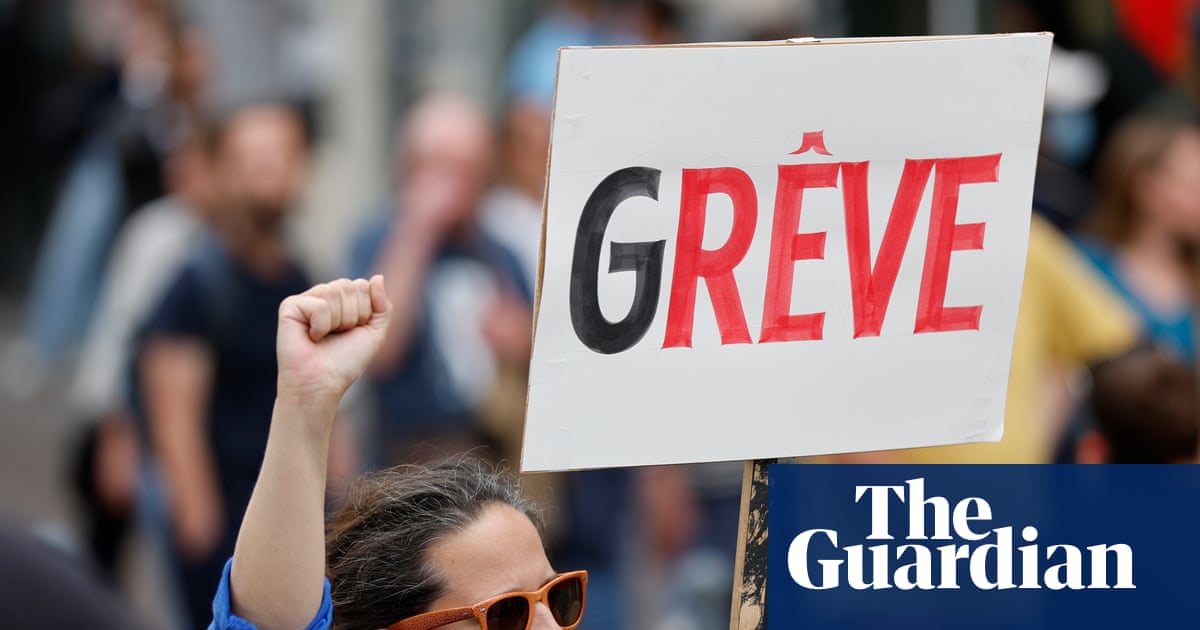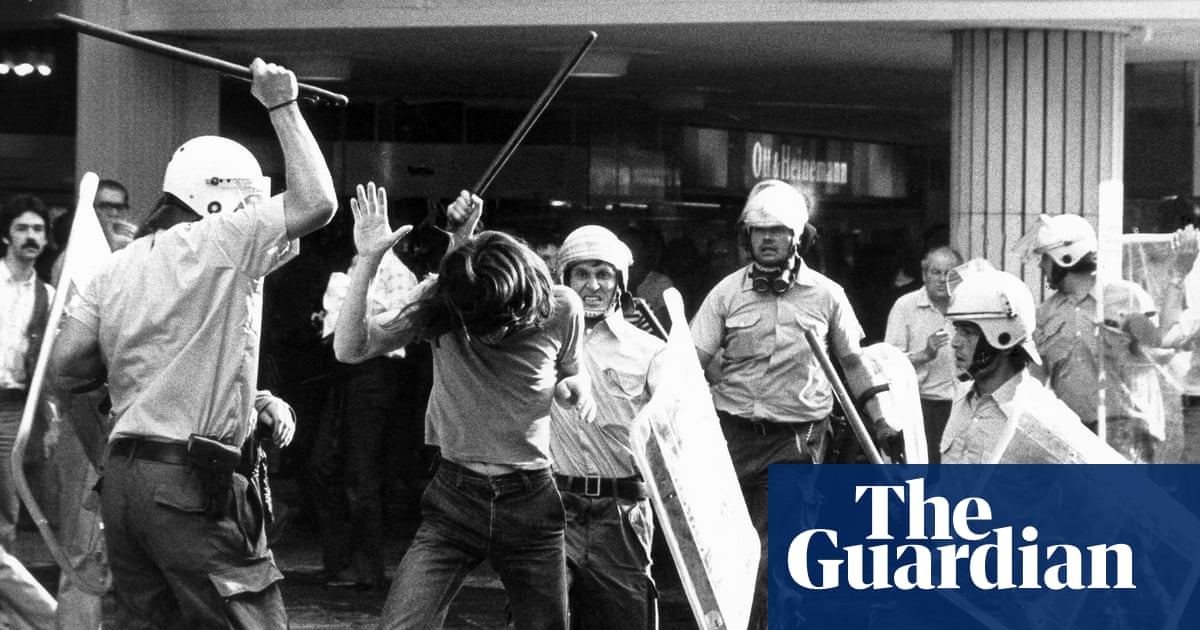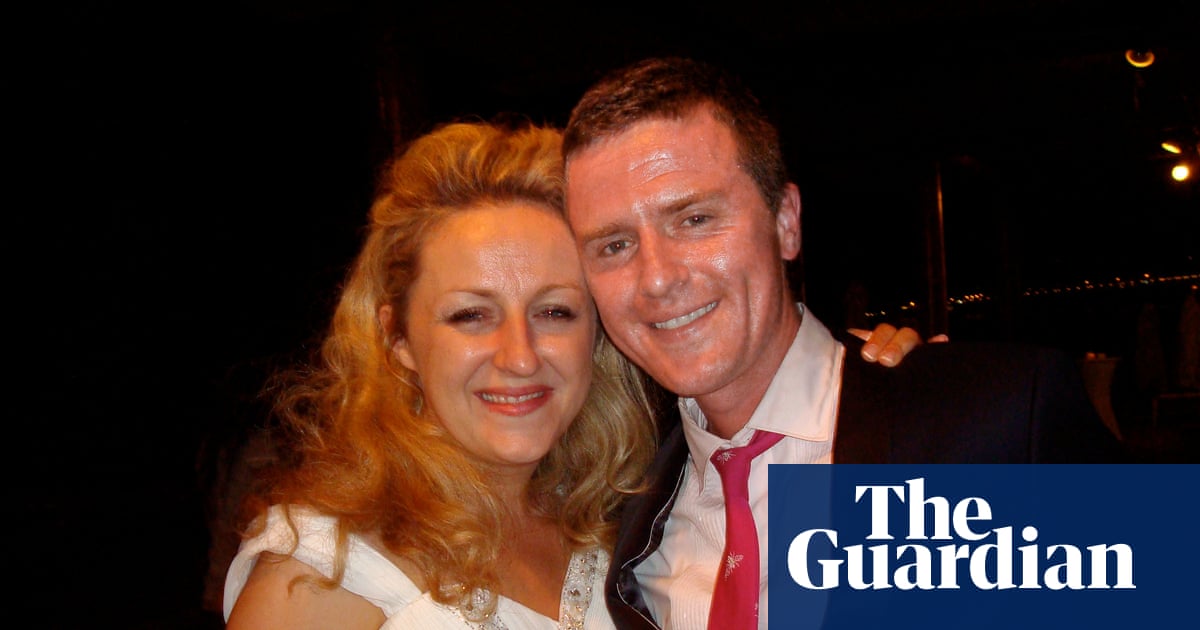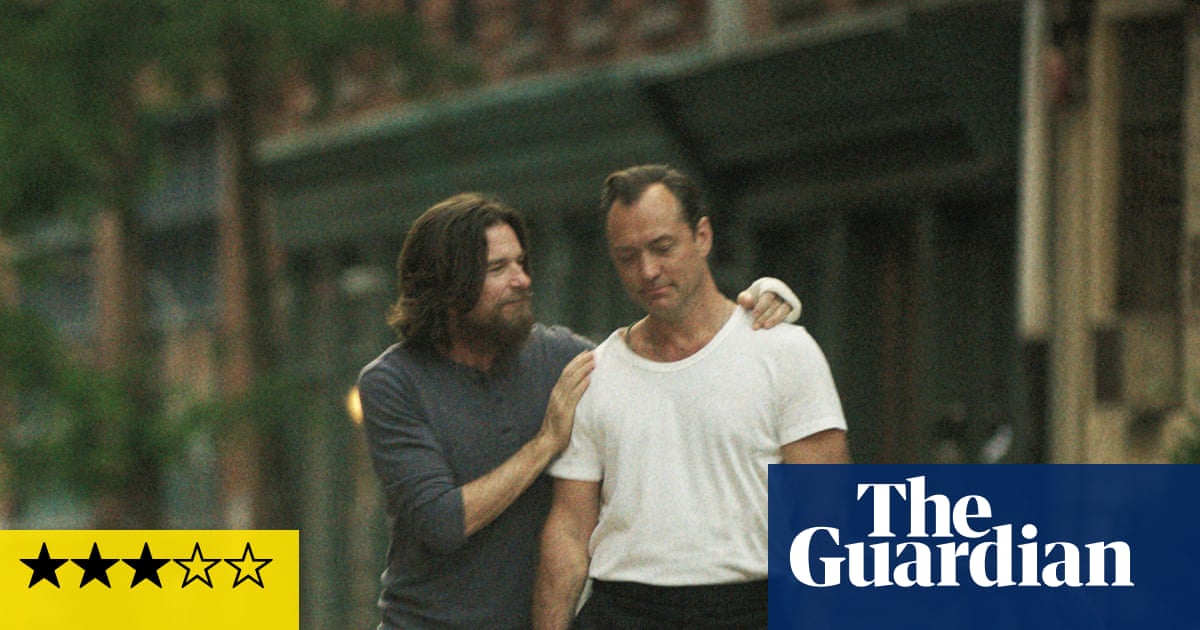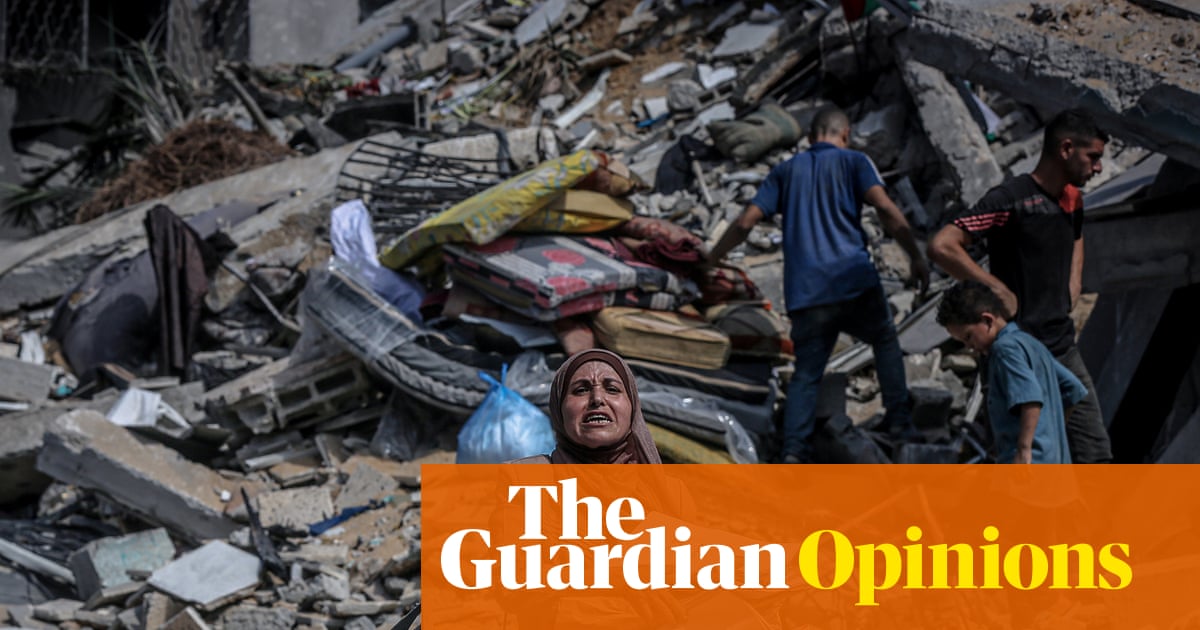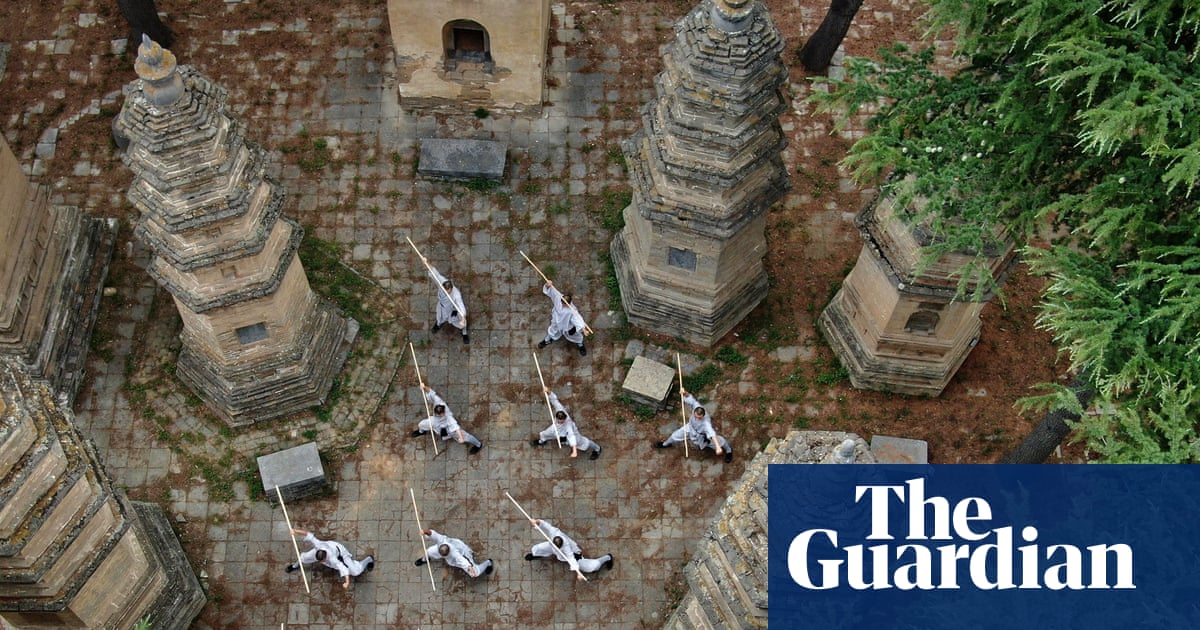A grassy south London oasis erupted into a turf war this week. From Monday, visitors to Brockwell Park would have seen calling cards left by both sides. The provocation? A sturdy 3-metre-high boundary fence, encircling large swathes of the 50-hectare (125-acre) stretch that has been designated for music festivals this summer. Daubed on the structure were signs of discord: graffitied messages in stark white lettering. “You fucked our park,” read one. “We fucked your wall.”
Brockwell is now the hottest front in a conflict that has started to rear its head in the capital every summer. A week ago, it made the front pages in the form of a bombshell high court ruling against Lambeth council. The authority responsible for the park lost a case brought by Protect Brockwell Park (PBP), a group of local residents and park users who argued that the council had not obtained the proper planning permissions for the back-to-back run of events scheduled to take place behind the boundary fence.
It had used permitted development rules to rubber-stamp the events quickly, on the basis that they would only block off a substantial section of the park for 28 days. In reality, this wasn’t true, the residents argued. Factoring in erecting and dismantling festival infrastructure, it was actually more like 37 days where public park access would be restricted. The council should have been subjecting these events to a full planning application process – including public consultation – before granting approval. The judge found in PBP’s favour.
Yet the festivals remained on the park’s summer schedule. As the date of the first event – Wide Awake, an alternative music shindig headlined by the rappers Kneecap – approached, Lambeth rushed through a certificate of lawfulness, allowing for public comment, and on Friday the festival opened its gates.
The clash has captured public imagination, igniting a now well-worn narrative of nimbys versus nightlife. The PBP campaigners are being cast by some as meddling, out-of-touch “gentrifiers”, akin to affluent folk moving into a buzzy area and immediately lobbying for a beloved local pub or scrappy independent music venue to shut down because they want to retire to bed by 10pm. As a left-leaning millennial, I’d normally be inclined to side with the festivals. After all, we must protect our endangered cultural sphere from further attacks.
Except what is happening here isn’t so clear-cut. Over the past few years, the city’s parks have become increasingly available for hire. The London summer day festival, as in other cities, is now an institution and there has been a proliferation of commercial events concentrated in certain large parks: Victoria, Finsbury and Brockwell are top of the list.
Behind every “summer series” of festivals is an unhappy residents’ group. People who live near to and rely on these green spaces feel they are being shut out of public land that should be for all of us to benefit from, in favour of what they perceive to be commercial interests. Many of the large events being objected to are not even remotely close to resembling the accessible, community space of a local pub.
The heart of this issue seems to be how cash-strapped councils are becoming increasingly beholden to commercial interests to the detriment of the public. A weekend festival that welcomes 50,000 people can expect to raise about £500,000 for local authorities. Councils argue that this money goes back in the public purse, allowing them to continue funding free community events such as Lambeth’s beloved Country Show, though there doesn’t seem to be much transparency over exactly how much cash is raised or where it is allocated.
But when you strip away the jargon, what is essentially happening is the privatisation of local parks. As well as concerns about the long-term impact on ecology, campaigners point out this often takes place in boroughs where many don’t have access to private green space. In Lambeth, with its many flats, this counts for 60% of households. Adding salt to the wound for residents is the lack of opportunity for public interjection. In the neighbouring borough of Southwark, the council conducts consultations for events proposed for local parks. Residents have their say, and recently indicated their approval for a music festival in Southwark Park. No high court battles there.
As for arguments about gentrifiers shutting down fun, they seem rather misplaced. The objectors are local people; the festivals are the interlopers, attracting tens of thousands of mostly young revellers who swoop in for the day (with daily ticket prices for the events starting from about £80), have their fun, then leave again. Complaints about such events may have once been the preserve of the nimby contingent, but the movement has grown in line with the increasing length and impact of the park takeovers.
That’s not to say the festivals have no benefit. They provide secure summer work in an increasingly unstable industry. Small businesses – such as food trucks serving attenders – obviously do well out of them. And they are undoubtedly popular – there’s a reason big companies have snaffled up events such as Field Day and Mighty Hoopla. But the involvement of such corporations has kicked an existential threat into high gear.
The ultimate issue is the way that private interests have managed to successfully position themselves as the gatekeepers of possibility. That cultural events can only happen if we sell off public space. That we can’t maintain local services without money from private equity. That we should just accept the routine privatisation of taxpayer-funded assets as the price of having a good time. Is this a model we want to entrench?
London may be ground zero, but what is happening here is likely to be the bellwether for cities across the UK in the coming years. Very few want to see the festivals scrapped altogether. But a worrying precedent is being set. One long-term Brixton resident, himself a dedicated organiser of parties, reluctantly conceded to me recently: “I’d welcome smaller, better-managed events that don’t disrupt access or damage the park and that benefit the borough. But this current situation has become unbearable.”
-
Moya Lothian-McLean is associate editor at Mill Media

 3 months ago
199
3 months ago
199
